[ad_1]
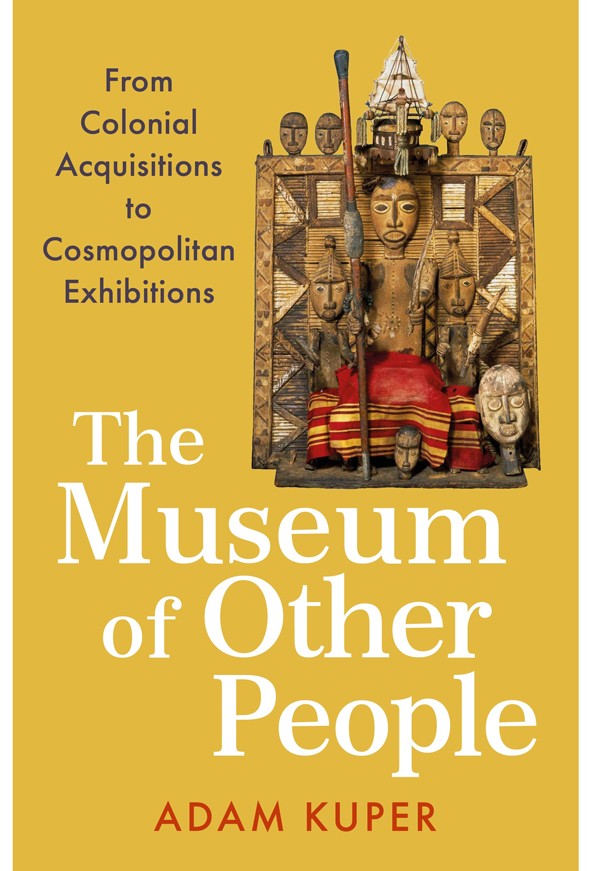
The Museum of Other People
Adam Kuper Profile (2023)
This fascinating history by anthropologist Adam Kuper discusses ethnology museums, mainly in Europe and the United States, established during the colonial period. He argues that it is time to turn such institutions into ‘cosmopolitan museums’ that include challenging perspectives and contrasting points of view — backed by research and scholarship, not “mystical insight” or the “authority of identity”. But he also recognizes that “the force is with those who demand the restitution of colonial collections”.
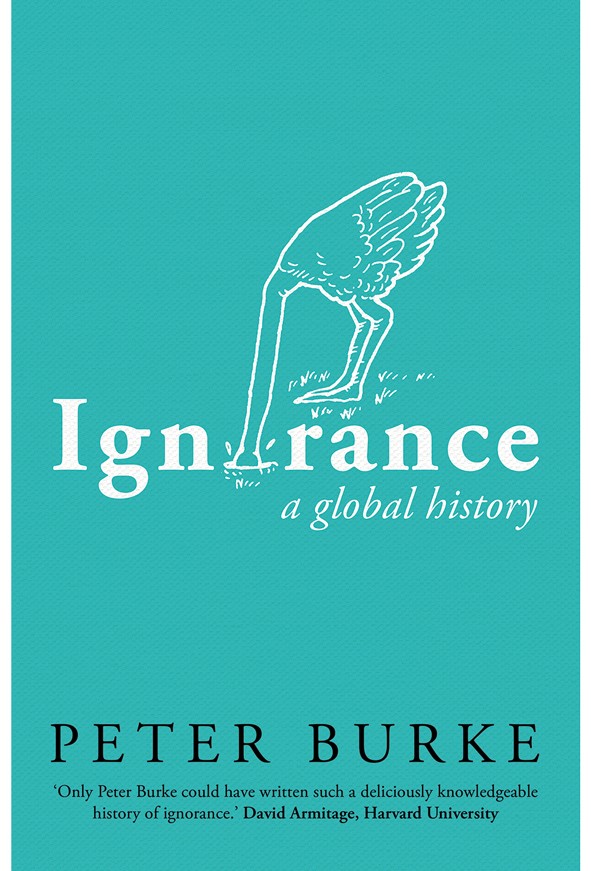
Ignorance
Peter Burke Yale Univ. Press (2023)
Having published a study of polymathy in 2020, cultural historian Peter Burke now tackles its opposite: ignorance. Both have long been key to scientific progress. “Thoroughly conscious ignorance is the prelude to every real advance in science,” remarked physicist James Clerk Maxwell in the nineteenth century. Chapters also consider the relevance of ignorance to business, geography, politics, religion and war. Burke argues, with encyclopedic cogency, that we should think of ‘knowledges’ and ‘ignorances’ — plural rather than singular.
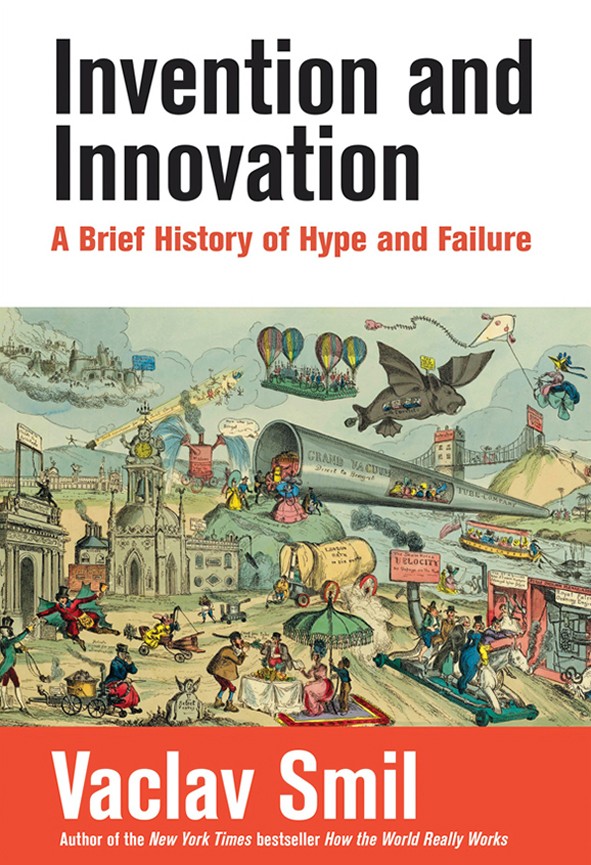
Invention and Innovation
Vaclav Smil MIT Press (2023)
As an environmentalist and energy writer, Vaclav Smil is well placed to analyse the impact of past and promised inventions and innovations. He distinguishes between these concepts: innovation, he says, involves “mastering new materials, products, processes and ideas”. He focuses engagingly on three types of “failed” invention: welcomed but then unwelcome (for example, leaded petrol and the pesticide DDT); over-hyped (such as nuclear fission and supersonic flight); and undelivered (including travel by vacuum tube and controlled nuclear fusion).
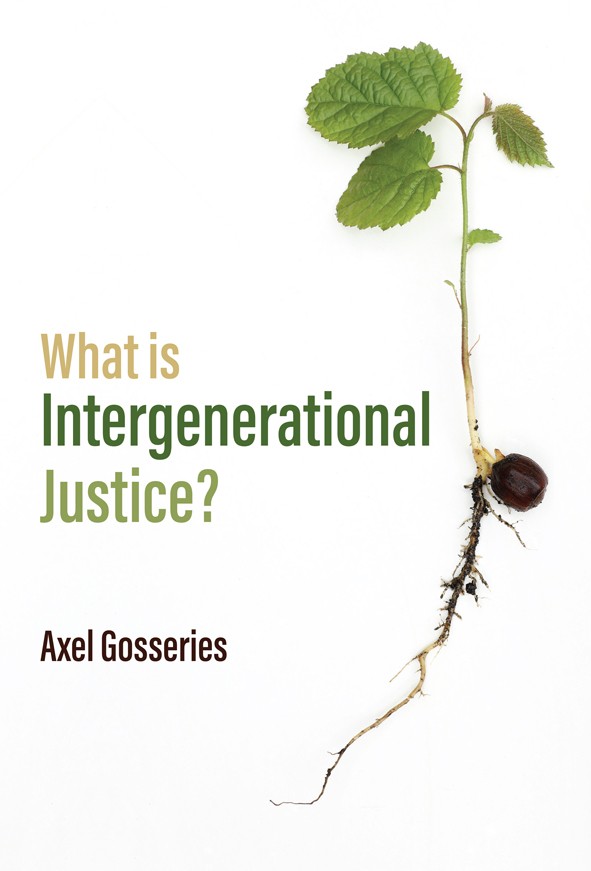
What Is Intergenerational Justice?
Axel Gosseries Polity (2023)
What duties do we have to future generations, both living and unborn? What does ‘justice’ mean in the intergenerational context? On topics such as climate change, we have to “divide cakes without knowing how many guests will join us and what their tastes will be”, comments political philosopher Axel Gosseries. Despite the emotive subject, his language and tone are academic. Greenhouse gases and extinction are discussed, but not Greenpeace and Extinction Rebellion — even though he accepts the need for “radical changes”.
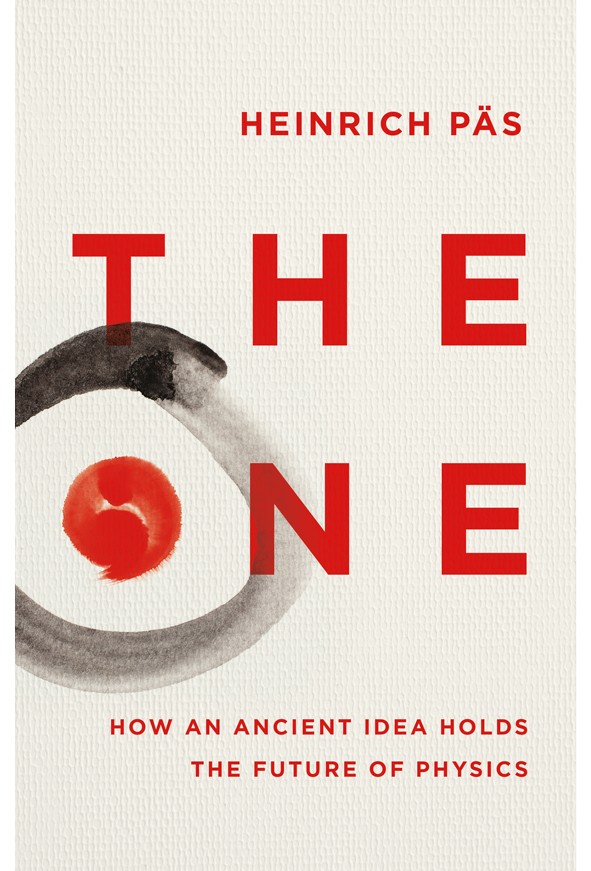
The One
Heinrich Päs Basic (2023)
Theoretical physicist Heinrich Päs begins his intriguing, controversial book for general readers on the mysteries of quantum physics by asking, how can standing under a star-studded night sky make us feel at once insignificant yet “strangely at home in the universe”? He answers, essentially, that everything — including quantum particles — is part of the same fundamental whole. He is a monist, convinced by a comment by ancient Greek philosopher Heraclitus: “From all things One and from One all things.”
Competing Interests
The author declares no competing interests.
[ad_2]
Source link
